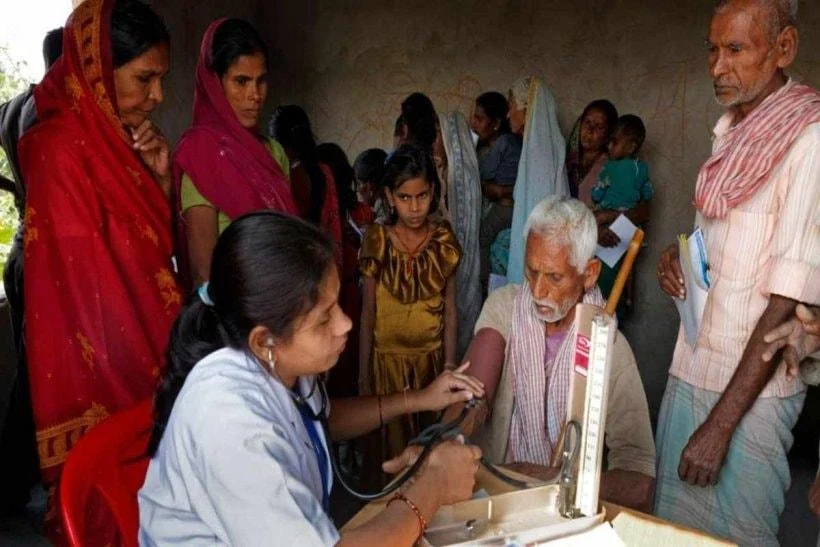Ignoring Red Lines: Violence Against Health Care in Conflict 2022
A report titled “Ignoring Red Lines: Violence Against Health Care in Conflict 2022” was released recently by the Safeguarding Health in Conflict Coalition (SHCC). It revealed that the incidence of violence against healthcare workers in Mali increased by more than two-fold in 2022 in comparison to the previous year, 2021. A staggering total of 46 such incidents were identified, highlighting the heightened risks faced by those on the front lines of medical services.
Global Insights: A Wider Perspective on Violence in Conflict Zones
The SHCC’s report extended beyond Mali, documenting 1,989 attacks and threats against healthcare facilities and personnel across 32 countries and territories plagued by armed conflict and political instability in 2022. Among these nations, Ukraine and Myanmar reported the highest number of attacks on healthcare infrastructure and personnel, underscoring the dire situation faced by healthcare workers worldwide.
Trends and Challenges: Understanding the Impact
According to the report, there was an overall increase in reported incidents of violence against healthcare in conflict zones in 2022 compared to 2021. While violence decreased in some regions like the Central African Republic, Ethiopia, and Syria, it rose in countries across West and Central Africa, including Mali. This highlights the complex challenges faced by healthcare workers in regions grappling with ongoing conflicts and instability.
Mali’s Troubled Regions: Kidnappings and Looting
The Mopti region in Mali witnessed a distressing number of health worker kidnappings, with at least 26 healthcare professionals abducted in 11 incidents while traveling to or from work, non-profit bases, or remote areas to provide vital healthcare services. Additionally, regions such as Gao, Mopti, Sikasso, and Tombouctou experienced frequent looting of essential medicine supplies and equipment. Armed groups targeted health centers and communities, exacerbating the limited availability of healthcare services in these areas.
Consequences on Research and Activities
The impact of violence against health workers extends beyond immediate risks and physical harm. The SHCC report highlighted how international non-profit organizations suspended planned activities, including crucial research and health surveys aimed at identifying disease prevalence. The difficulties in conducting research and surveys due to violence not only hinder public health policies but also impede the provision of targeted healthcare services to vulnerable populations.
Month: Current Affairs - June, 2023
Category: Reports & Indexes Current Affairs


